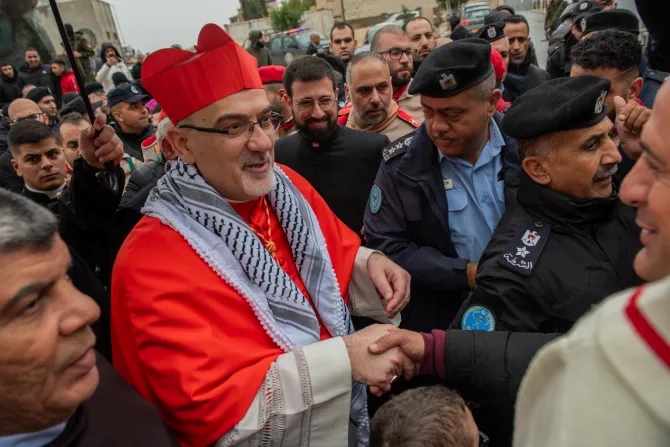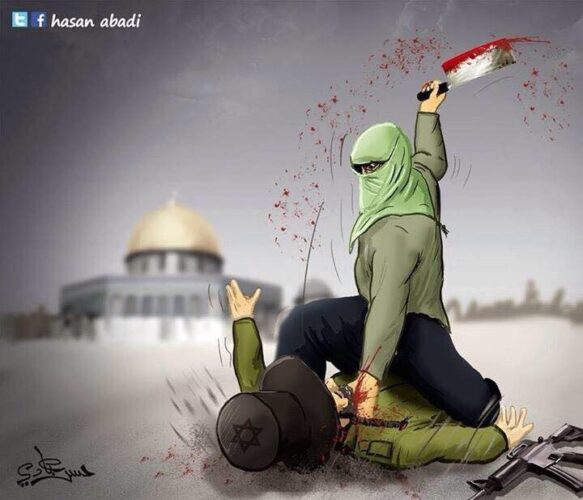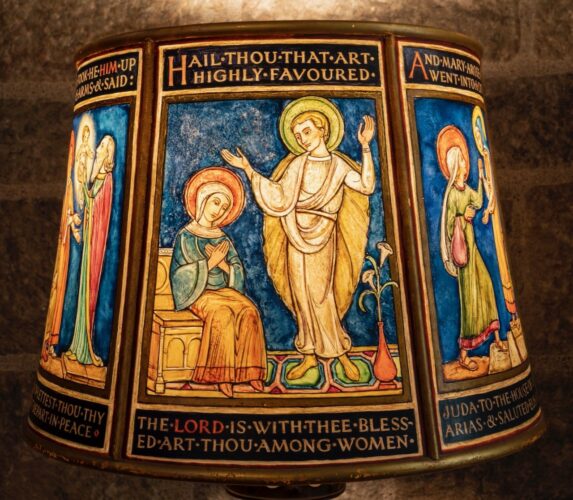
Francis, the Venice Biennale, and the Vacuum of Belief
Francis is the first pope to tour the Venice Biennale. May he be the last.
A good deal of sugar has been spun from the unexamined conceit that art—Art—is a moral pill to treat social problems. A trademark of upper-middle and upper-upper class groupthink, it was in high relief on Sunday, April 28. That day Pope Francis helicoptered to Venice for a tour of the exhibition “With My Eyes” at the Holy See Pavilion.
The word pavilion here is a moveable concept that applies to a temporary installation housed this year in the women’s prison on Venice’s Giudecca Island. Continue Reading





